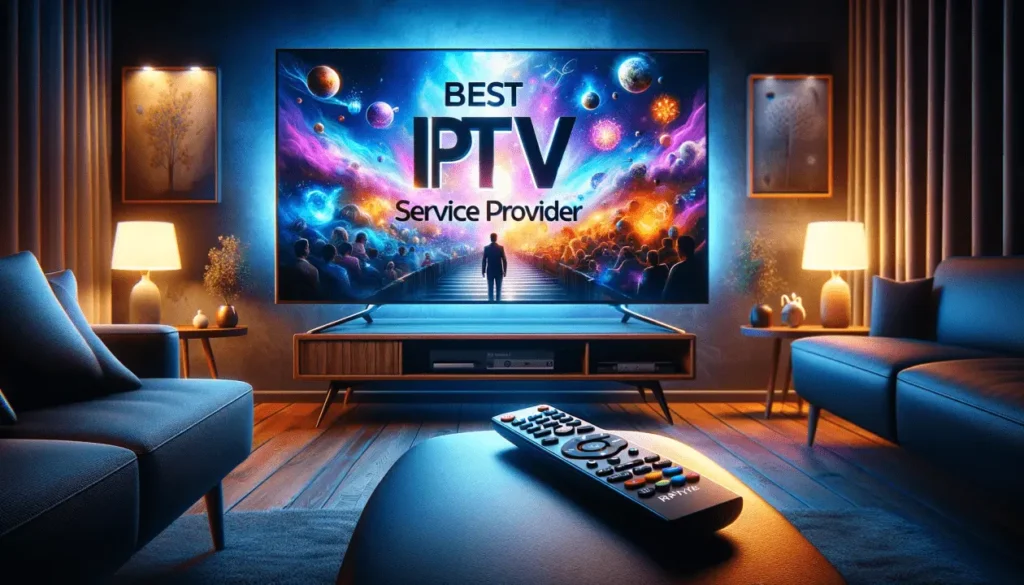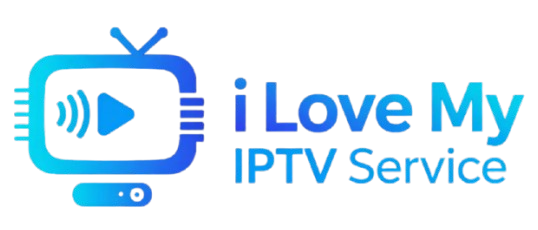Table of Contents

Couch potatoes have evolved with the advent of IP TV. Once bound by the shackles of broadcast schedules, we now enjoy the freedom to choose what we watch and when we watch it. This revolution in television viewing is brought about by IP-TV, or Internet Protocol Television. But, what exactly is IPTV? How does it work? And most importantly, how is it transforming our television experience? Let’s dive in to find out!
Understanding IPTV
IP TV, or Internet Protocol Television, is a system where television is delivered via Internet Protocol (IP) technology. It’s a process that delivers digital television service via the internet. IP TV is a versatile technology that can be implemented using various protocols such as H.263 for video compression, Real-Time Protocol (RTP) for live stream delivery, and Real-Time Streaming Protocol (RTSP) for user control. This technology is not confined to televisions with cable or satellite hook-up, but it uses your internet connection to stream television programs.
The Internet Protocol in IP-TV
The “Internet Protocol” in IP TV is the mechanism that makes the internet work. It’s the process of sending and receiving data in the form of packets over the web. These packets, which hold the data, are sent to your device when you’re browsing a website, sending an email, or streaming a TV show. The versatility of the Internet Protocol means it can be used to transmit not just text and images, but also video and audio, making it perfect for IP TV.
IP TV: How It Works
IP TV operates in a slightly different way compared to your traditional television. Instead of broadcasting television signals through satellite or cable, it uses your internet connection to stream television content. When you want to watch a show, the service sends a series of packets over the web to your device. Your device then decodes these packets into a viewable format.
This process involves three main steps:
- Storing Programs: Live programs are streamed as they’re produced, but prerecorded programs need to be stored in a way that they can be streamed on demand. Some IP TV services limit the number of available programs to manage the overall bandwidth of their service.
- Preparing Programs: The TV program is converted into a digital format that can be delivered as packets using the Internet Protocol. Once the program is encoded, it’s encrypted for transmission.
- Streaming Programs: When you click on a program to watch, the IP TV service fetches the necessary IP packets and sends them to your device.
IPTV Architecture
The architecture of IP TV can be either centralized or distributed. A centralized architecture is easier to manage and is suitable for a network that provides small Video on Demand (VoD) service deployment. On the other hand, a distributed architecture provides more robust and scalable IP TV deployment, but it requires intelligent content distribution technologies to effectively deliver multimedia content.
IPTV Box: Your Gateway to IPTV
One of the essential elements of an IP TV system is the IP TV box, also known as a set-top box (STB). This device is responsible for receiving the IP packets from your internet connection and converting them back into a format your TV can understand. IP TV boxes can connect to your TV via HDMI or AV cables, or even over Wi-Fi for some models.
Types of IPTV Formats
IPTV can be delivered in a few different formats:
- Live TV: Just like traditional TV broadcasts, IP TV’s live TV format allows viewers to watch shows as they’re broadcast in real-time.
- Time-Shifted TV: This format allows users to watch previously broadcast shows at a later time, making it possible to catch up on shows you’ve missed.
- Video on Demand (VoD): VoD lets users watch TV shows and movies whenever they want, similar to platforms like Netflix and Amazon Prime Video.
The Bright Future of IPTV
The global IP TV market is booming and is expected to grow at a compound annual growth rate (CAGR) of 15.1% between 2023 and 2032. This growth is driven by the increasing popularity of streaming services and the rapid advancements in internet technology. IP TV’s ability to offer high-quality content, on-demand programming, and interactive features is making it a preferred choice for consumers worldwide.
Legalities of IPTV
While IP TV itself is legal, the legality of certain IP TV services may be questionable. It’s essential to ensure that the IP TV service you’re using has obtained the necessary rights and licenses to distribute the content they offer. Unauthorized distribution of copyrighted content is illegal and can lead to penalties.
Conclusion
In a nutshell, IP TV is a transformative technology in the world of television. It combines the benefits of TV broadcasting and the internet to provide a more interactive and personalized TV viewing experience. As long as you have a high-speed internet connection and an IP TV box, you can access thousands of TV channels and VoD content at the click of a button. It’s safe to say that IP TV is reshaping our TV viewing habits for the better.
Frequently Asked Questions (FAQs)
Q1. What kind of internet connection do I need for IP TV?
A high-speed broadband internet connection (at least 10mbps) is necessary for IP TV services. Fiber broadband lines with speeds of 100mbps or more are recommended to enjoy a smoother and higher-quality streaming experience.
Q2. Can I use my computer to watch IP TV?
Yes, you can use your PC to stream IPTV content. PCs are already equipped to decode and interpret IP packets, so you can watch IPTV directly on your PC. If you want to watch it on your TV, you can use a device like Google Chromecast to cast the content from your PC to your TV.
Q3. Is IP TV the same as online streaming platforms like Netflix or Hulu?
While both IPTV and online streaming platforms like Netflix or Hulu deliver video content over the internet, there’s a difference in how they operate. IPTV delivers both live TV broadcasts and stored video on demand while online streaming platforms typically focus on video on demand.
Q4. Can I use my existing smart TV for IP TV?
Yes, if your smart TV has an internet connection and the necessary hardware, it can be used to receive and display IPTV content. However, you may need an IPTV box to decode the IP packets into a format your TV can understand.
Q5. Is IP TV legal?
Yes, IPTV is legal as long as the service provider has acquired the proper licenses and rights to distribute the content. It’s always recommended to use IPTV services from reputable providers to avoid any legal implications.




I’ve been browsing online more than three hours today, yet
I never found any interesting article like
yours. It’s pretty worth enough for me. Personally, if all webmasters and bloggers made good content as you did, the net will be a lot more
useful than ever before.
Thank you so much, and welcome to our website. we have more articles and IPTV products